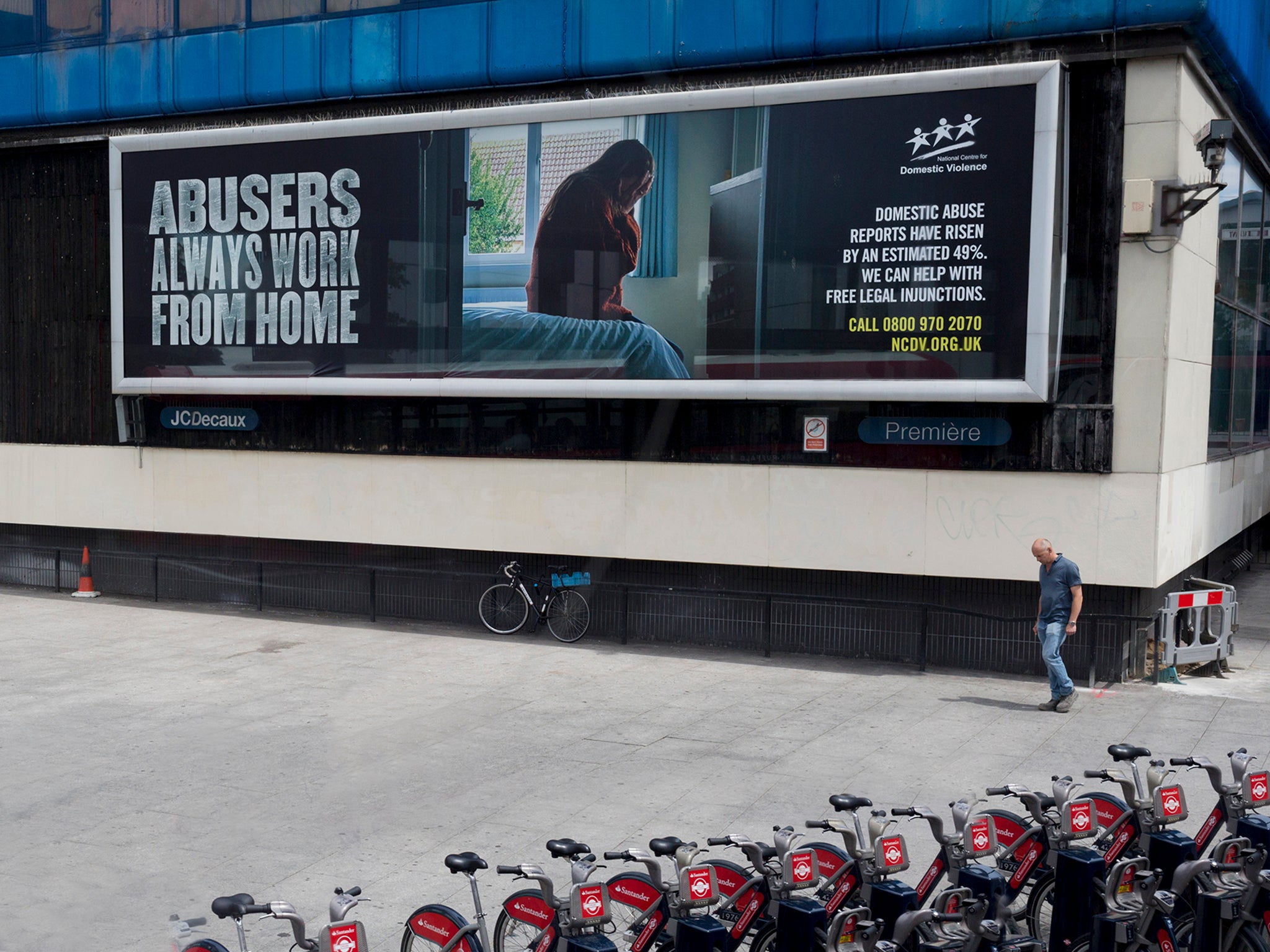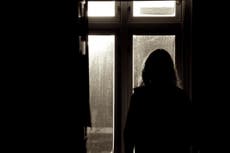‘Ignored for too long’: Over 185,000 staff and students at universities across UK suffer ‘domestic abuse every year’
Exclusive: Woman whose daughter killed herself after domestic abuse at university demands change

Over 185,000 staff and students at universities across the UK suffer domestic abuse every year but the issue is routinely overlooked by higher education institutions, a study has suggested.
The report, shared exclusively with The Independent, found a mere 1.5 per cent of universities have a specific domestic abuse policy in place.
HARM Network, an abuse research group which carried out the study, has drawn up the first-of-its-kind Domestic Abuse Policy Guidance for UK Universities with the help of experts in both the domestic abuse and university sector to tackle the dearth of support available.
University academics told The Independent students are often vulnerable due to being away from home for the first time in their lives, which also means it is harder for family and friends to give advice or safeguard them.
Researchers estimated 185,833 staff and students are subjected to domestic abuse each year by analysing data from the Office for National Statistics on university students and staff who have experienced abusive behaviour or violence at the hands of their partners.
Fiona Drouet, whose 18-year-old daughter killed herself after enduring domestic abuse at university, said: “When you say the phrase ‘domestic abuse’, young girls think it doesn’t apply to them. They imagine marriage, a mortgage, a family.
“Even the term ‘woman’ seems alien when you’re a teenager. It means that they don’t associate what’s happening to them with abuse, they don’t always realise that it’s wrong.”
Emily Drouet, a law student at Aberdeen University described as “bubbly” and “always smiling” by her mother, killed herself in March 2016 after being at university for only seven months.
Angus Milligan, the fellow student who Emily dated for a few months, admitted in court to being threatening and abusive towards Emily, as well as sending her offensive messages over a six-week period, branding her a “sl*t” and “b*tch”. He also pleaded guilty to assaulting Emily eight days before she died when he grabbed her by the neck, as well as choking and slapping her.
Milligan, who was three years older than her but lived in the same halls of residence, was labelled “controlling and violent” by the judge at sentencing. He was sentenced to 180 hours’ unpaid work and expelled from university before being given a place at another university where he lived in student halls.
Five other charges against Milligan, such as allegedly trying to choke Emily minutes before she killed herself, were dropped due to a dearth of evidence.
In text messages her mother Fiona released to raise awareness, Emily described being choked by her boyfriend, saying: “It scared me so much. I just can’t bear it. I know I should [do something].”
Fiona called for university staff to be given compulsory training on domestic abuse to stop students being let down.
Researchers warned the abuse Emily endured is not an isolated incident and is instead an issue that “plays out” in every university in Britain today “destroying the lives of staff and student victims”. The report warned most universities offer scant or zero support for staff and students suffering abuse at the hands of their partners.
The new guidance was drawn up by Dr Roxanne Khan, who leads the HARM Network, a collective of academics which examine domestic abuse and honour based violence, as well as several other experts, such as the Domestic Abuse Commissioner for England and Wales.
It is ultimately a “how-to” guide for university policy managers and human resources staff to support staff and students suffering domestic abuse and help universities generate policies.
Dr Khan, who is based at the University of Central Lancashire, told The Independent: “Students want friends and family to think they are doing well. It is difficult to admit they are being coerced and abused. It is difficult for all victims of domestic abuse to identify as being a victim but it is even harder when you are younger.
“Domestic abuse has been ignored for too long in universities. It can’t be anymore. Universities can play a part in potentially saving people’s lives. Especially in lockdown when there has been a spike in cases overall.”
The academic, one of the report’s lead authors, argued universities routinely ignore domestic abuse due to it being so prevalent and “in plain sight” - adding staff do not deem it to be their problem to tackle.
Universities are national institutions which serve as “agents of social justice and social mobility” so must not disregard this issue, Dr Khan added.
She said: “It impacts student’s lacks of engagement in classes or leads to them getting low grades if they do engage in classes. It is a downward spiral for students - for women in particular. They are more likely to be victimised statistically.”
Suffering domestic abuse can cause students to excessively drink alcohol, use drugs, self-harm, or suffer from mental health issues, she added.
“There needs to be a change in attitudes at UK Universities,” Dr Khan said. “They have clear legal, moral, and financial drivers to develop domestic abuse policy, to reduce the devastating impact on staff and students at their place of work or study.”
A woman is killed by a current or ex-partner every four days in England and Wales, while one in four women will suffer domestic abuse at some point during their lives.
Nicole Jacobs, Domestic Abuse Commissioner, said: “We all have a role to play in preventing and responding to domestic abuse, in order to ensure a truly holistic, coordinated and effective response to this horrific crime. This includes educational settings and universities.”
Anyone who requires help or support can contact the National Domestic Abuse Helpline which is open 24/7 365 days per year on 0808 2000 247 or via their website https://www.nationaldahelpline.org.uk/
Subscribe to Independent Premium to bookmark this article
Want to bookmark your favourite articles and stories to read or reference later? Start your Independent Premium subscription today.


Join our commenting forum
Join thought-provoking conversations, follow other Independent readers and see their replies
Comments